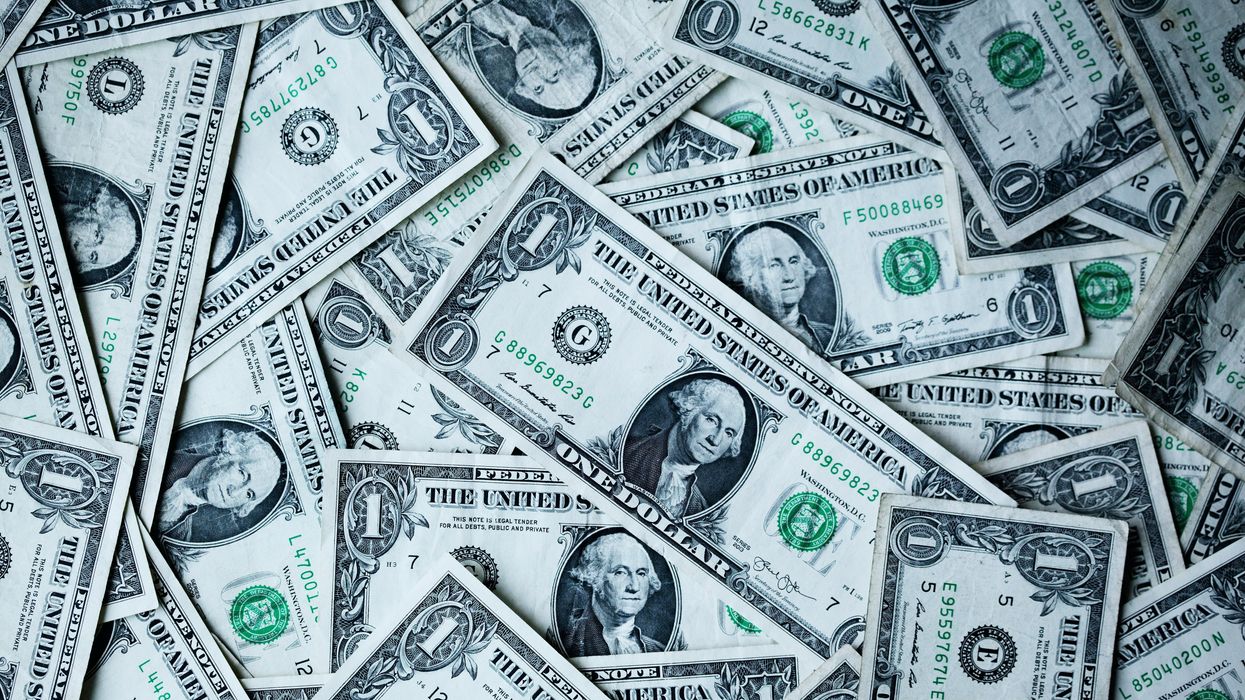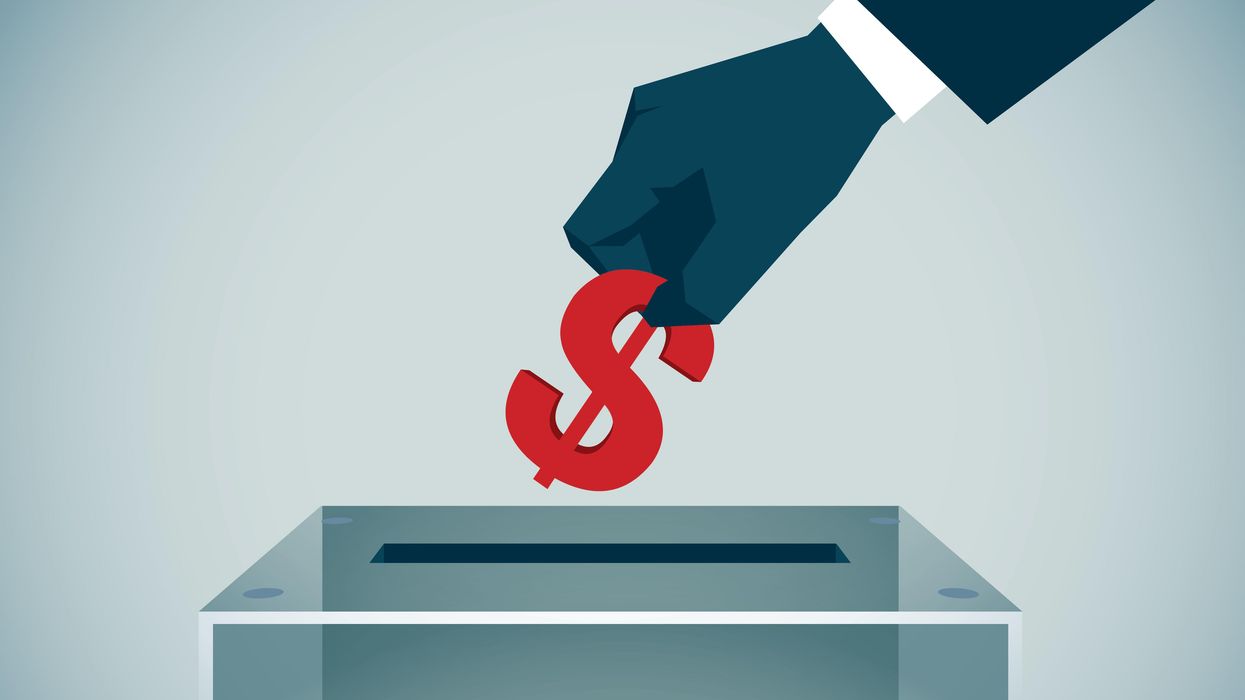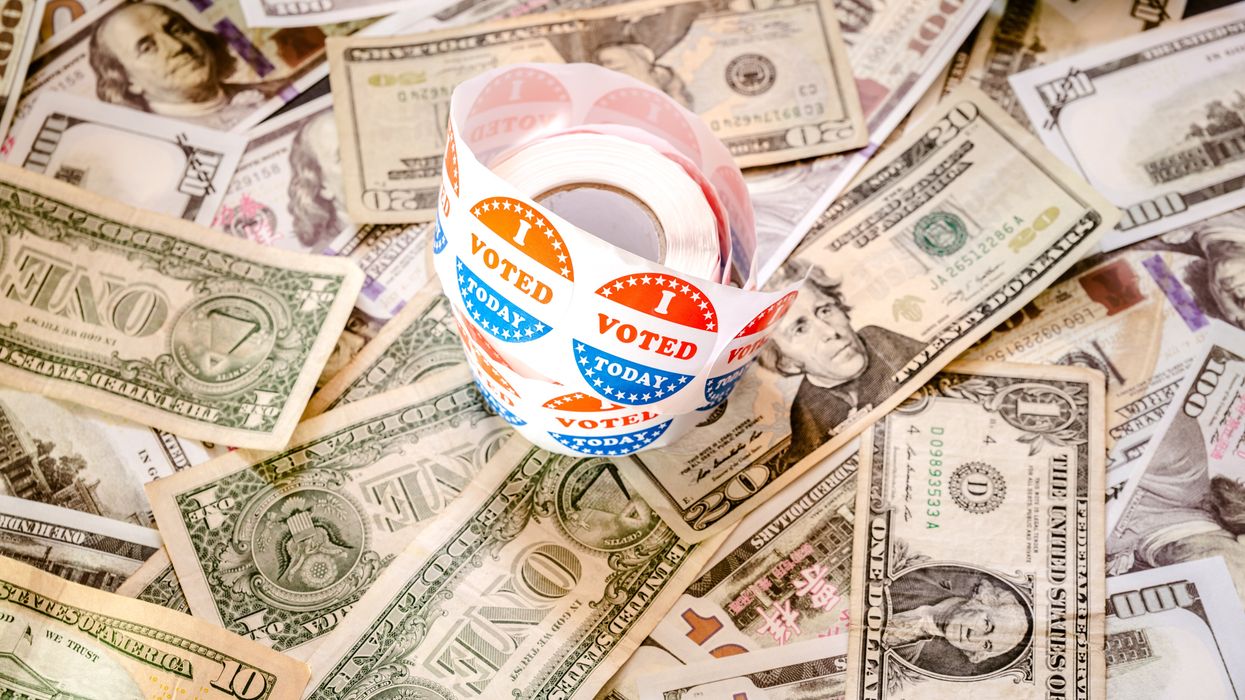Last spring and summer, The Fulcrum published a 30-part series on Project 2025. Now that Donald Trump’s second term The Fulcrum has started Part 2 of the series has commenced.
Project 2025, the 800-page right-wing policy blueprint for the Trump administration, proposed a menu of controversial policies designed to bring numerous independent federal agencies under the thumb of President Donald Trump. In mid-February, the White House issued a series of controversial – and possibly illegal – executive orders designed to implement the Project 2025 agenda. One targeted agency with the potential for extensive economic damage is the Federal Reserve Board and its affiliated branches.
The Federal Reserve – also known as the Fed – is not your average federal agency. Established in 1913, it oversees the central banking system for the entire country. It superintends many of the most crucial levers for making the economy run, including maintaining the financial system's stability, supervising banks, adjusting interest rates, maximizing employment, and more. Due to its crucial role, Congress established it to act independently and above the political fray. Nevertheless, it has often been caught in the crossfire of Republican and Democratic battles over economic policy.
The architects of Project 2025 see the Fed as a meddling bureaucracy that causes more problems than it fixes. So their proposed fix is simple: return the U.S. economy to some version of the unmanaged financial rawness of the pre-1913 era and its system of so-called “free banking.” Under that banking regimen, “neither interest rates nor the supply of money is controlled by the government,” according to Project 2025, and this would “effectively abolish” the Federal Reserve.
However, as the Panic of 1907 showed, the centralized bank system of the Federal Reserve was created in response to the failures of the free banking system. That system was sometimes referred to as “wildcat banking” because it frequently led to runs on banks and many bank failures.
Nevertheless, the Trump administration has made its first chess move with an executive order designed to strip the Federal Reserve of its ability to oversee and regulate Wall Street. The intent is to handcuff the Fed and other financial agencies so that they must submit major policy shifts and legal interpretations to the White House’s Office of Management and Budget for review. Who runs OMB? None other than Russell Vought, one of the original architects of Project 2025.
Trump’s order is still relatively new, so it’s too soon to determine the ultimate impact and whether a federal court will intervene. While the presidential order is not as damaging as abolishing the Fed altogether, the Trump administration’s intent to rein in the Fed’s independence is clear. To send an even stronger signal, the Trump administration went a step further with one of the Fed’s allied organizations, the Consumer Financial Protection Bureau (CFPB).
The CFPB is charged with shielding Americans from consumer, financial, and investment fraud. Project 2025 called the CFPB “unconstitutional” and for it to be “abolished.” On January 31, President Trump appointed Treasury Secretary Scott Bessent as acting director of the CFPB, and shortly after assuming the post, Bessent ordered the CFPB staff to cease all rulemaking and pause litigation efforts. On February 7, Bessent appointed Project 2025’s Russel Vought as the agency’s acting director, and Voght’s first act was to order the CFPB offices to close and notify staff that they cannot “perform any work tasks.”
The dangerous creep of Trump’s cryptocurrency
So, the CFPB has been effectively shut down. The CFPB is one of the main regulatory bodies overseeing the new “financial gold rush” of cryptocurrency; thus, the risks are substantial. The short history of cryptocurrencies has been speculation, scams, and money laundering, with no actual legitimate use as a currency of exchange. Most recently, crypto was the currency medium involved in the largest hacking theft in modern history, when $1.4 billion in crypto was stolen from the Bybit exchange. The FBI has accused the North Korean government of being behind the hack.
The intricacies of financial markets in recent years have made it much more difficult for the average consumer or investor to assess investment and banking risks. With the rise of crypto, effective financial oversight is more crucial than ever. Yet, the Trump deregulators and Elon Musk’s DOGE are stripping away the agencies that perform that vital service.
Why would they do that? Maybe they have an ulterior motive.
Is it just a coincidence that President Trump has announced a plan for a national “strategic crypto reserve”? It sounds like an important national security undertaking, like the Strategic Petroleum Reserve, but this is a horse of a different color.
This past January, at the height of Trump’s swearing-in euphoria, the president and his financial advisors launched his crypto coin, which, with great fanfare, was called the $Trump coin. It attracted billions of dollars from Trump supporters and soared in value. The bulk of $Trump coins were initially bought by a handful of “whales,” large investors with connections to the Trump circle. Once the price inflated, the insiders sold their holdings for huge profits, causing the price to collapse. The $Trump coin lost more than 80 percent of its value, and in less than a month, 800,000 small investors were left owning nearly worthless crypto, losing a cumulative $2 billion.
The same thing happened in Argentina, where the populist President Javier Milei hyped a new cryptocurrency called $Libra. The price collapsed when the insider investors sold their holdings, and the small investors were bilked out of $250 million.
These crypto exchanges are like unregulated casinos in which the politically connected insiders fleece the small investor-gamblers. If Trump manages to establish a federal “strategic crypto reserve,” potentially paid for by US tax dollars, the scams associated with $Libra and $Trump could be the red flag warnings for something much more catastrophic.
Whatever Trump and Elon Musk are planning, following the playbook of Project 2025 means the Fed, the CFBP, or other independent federal agencies will have reduced ability to probe into their financial policies. It is alarming that they seem to be cutting these independent watchdogs out of the loop while hyping what may end up as a national crypto Ponzi scheme.
Indeed, Scott Alvarez, a former general counsel at the Fed, ominously says, “The president has announced he wants to dismantle a system of independent agencies that Congress has established and the courts have upheld and want to shift funding decisions from Congress and the appropriations process to himself.”
This, in essence, is the playbook of Project 2025: concentrating immense power inside the office of the presidency. One of the things learned from the 2008 meltdown is that a financial system that is ever-mutating in hidden ways creates hazards for the entire economy. Without adequate oversight, excessive risk-taking and manipulation will surely follow. In 2008, nobody realized this until it was too late, and the economy collapsed. Alarmingly, the Trump administration may well be seeding the conditions for the next financial crisis.
Steven Hill was policy director for the Center for Humane Technology, co-founder of FairVote and political reform director at New America. You can reach him on X @StevenHill1776.




















